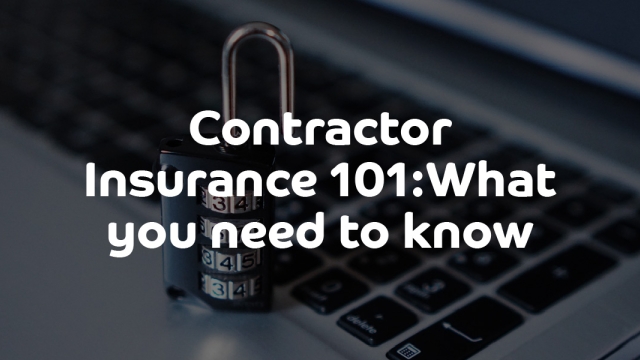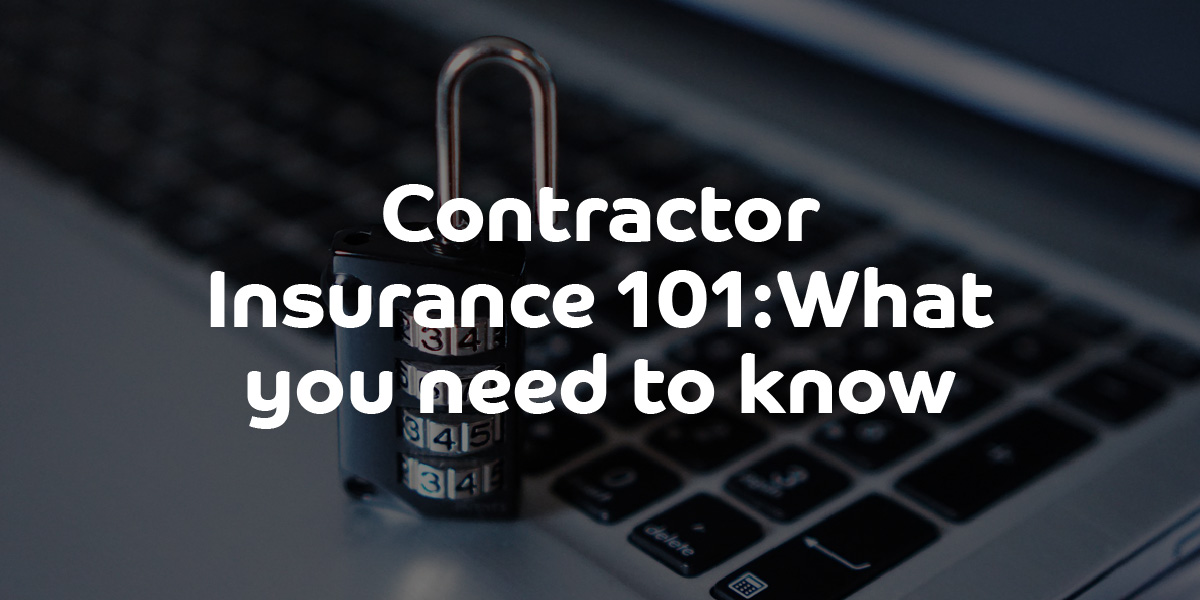
Safeguard Your Sanctuary: Unlocking the Essence of Home Insurance
- by Jose Bryant
Welcome to a comprehensive guide on home insurance! Whether you are a homeowner, landlord, or renter, protecting your sanctuary should be a top priority. In this article, we will unravel the essence of home insurance, providing you with valuable insights and knowledge to safeguard your abode against unexpected events.
The importance of home insurance cannot be overstated. It acts as a financial safety net, shielding you from potential losses due to unforeseen circumstances such as natural disasters, theft, or accidents. Imagine a scenario where a sudden fire engulfs your beloved dwelling, leaving you with extensive damage and loss. With the right home insurance coverage, you can gain the peace of mind you deserve, ensuring that you are financially protected and able to rebuild.
With a myriad of insurance options available in the market, navigating through the intricacies can feel overwhelming. That’s where our comprehensive guide comes into play, shedding light on the various aspects of home insurance. From understanding different policy types, coverage options, and pricing factors, we will equip you with the knowledge needed to make informed decisions that suit your unique needs.
Insurance Agency Ohio
Whether you are on the lookout for home insurance, interested in contractor insurance, or seeking business insurance, this guide will cater to your requirements. We will delve into the specifics of each type, highlighting key considerations and factors to bear in mind. So, whether you are a homeowner wanting to protect your cherished property, a contractor looking for coverage in your line of work, or a business owner working from home, our guide will help pave the way forward.
Protecting your sanctuary starts with being well-informed, and that’s what we aim to achieve with this guide. So, let’s dive in and unlock the essence of home insurance together.
Contractor Insurance Guide
As a contractor, it is crucial to understand the importance of having proper insurance coverage. Protecting your business and livelihood should be a top priority, and contractor insurance plays a key role in safeguarding your assets. In this guide, we will explore the essential aspects of contractor insurance and help you navigate through the complexities of this vital coverage.
- Types of Contractor Insurance
When it comes to contractor insurance, there are several types of coverage you should consider. One of the most common is general liability insurance, which provides protection against property damage, bodily injury claims, and personal injury lawsuits. This coverage is essential to protect your business from potential financial loss resulting from accidents or mishaps that may occur on the job site.
Another crucial insurance policy for contractors is worker’s compensation insurance. This coverage is designed to provide benefits to employees who suffer work-related injuries or illnesses. It can help cover medical expenses, lost wages, and rehabilitation costs, ensuring that both you and your employees are adequately protected.
- Choosing the Right Coverage
Selecting the appropriate insurance coverage can be a daunting task for contractors. It is essential to assess the specific risks associated with your line of work and choose an insurance policy that provides adequate protection. Consider factors such as the size of your projects, the number of employees you have, and the scope of your operations.
Working with an experienced insurance agent can be immensely beneficial when it comes to choosing the right coverage. They can help analyze your unique needs and recommend policy options that offer comprehensive protection tailored to your specific circumstances.
- Understanding Policy Exclusions and Limitations
Like any other insurance policy, contractor insurance also has exclusions and limitations that contractors must be aware of. It is imperative to thoroughly review the policy documents and understand what is covered and what is not. Certain activities or conditions may be excluded from coverage, so ensure you have a clear understanding of these limitations to prevent any surprises in the event of a claim.
Additionally, it is crucial to regularly review and update your contractor insurance policy as your business evolves. New projects, changes in operations, or an increase in the workforce may require adjustments to your coverage limits. By keeping your insurance policy up to date, you can ensure that you are adequately protected in every aspect of your contracting business.
Remember, contractor insurance serves as a crucial safeguard for your business. By investing in the right coverage, you can protect yourself, your employees, and your assets from unforeseen circumstances that may arise on the job site. Take the time to understand your insurance needs, consult with professionals, and make informed decisions to secure the future of your contracting business.
Business Insurance Guide
In addition to protecting our homes, it’s equally important to ensure we have the right insurance coverage for our businesses. Whether you run a small startup or a well-established company, business insurance provides crucial protection against potential risks and liabilities. In this section, we will explore the key aspects of business insurance to help you safeguard your entrepreneurial dreams.
First and foremost, understanding the different types of business insurance is essential. Each type serves a specific purpose and covers various aspects of your business. General liability insurance, for example, protects your company against legal claims arising from property damage, bodily injury, or personal injury caused by your business operations. On the other hand, professional liability insurance, often referred to as errors and omissions insurance, protects professionals from negligence claims related to their professional services.
Another important type of business insurance is property insurance, which safeguards your physical assets, such as your office space, equipment, inventory, and supplies. This coverage is crucial in the event of unexpected events like fire, theft, or natural disasters that could otherwise cause significant financial loss. Additionally, business interruption insurance can provide coverage for lost income and additional expenses incurred if your business operations are disrupted due to covered perils.
Beyond these fundamental types of coverage, there are numerous other options available to tailor your business insurance to your specific needs. For instance, if you have employees, workers’ compensation insurance is typically required by law to provide coverage for work-related injuries or illnesses. Cyber insurance, on the other hand, helps protect against cyber threats, including data breaches and hacking attempts that can compromise sensitive customer information.
As a responsible business owner, investing in the right insurance coverage is crucial for your long-term success and financial security. By understanding the various types of business insurance available and evaluating your specific risks and requirements, you can ensure that your company is adequately protected against unexpected events that may arise in the course of your operations. Remember, the right insurance coverage can provide peace of mind and support your business’s growth and prosperity.
Home Insurance Guide
When it comes to protecting your most valuable asset, home insurance is a must-have. It provides you with peace of mind and financial security in case of unforeseen events. Whether you are a homeowner or a renter, having the right home insurance coverage is essential.
One important aspect of home insurance is understanding the different types of coverage available. The most common types include:
Property Coverage: This type of coverage protects the physical structure of your home and any detached structures, such as garages or sheds, from damage caused by covered perils. It typically includes fire, theft, vandalism, and certain natural disasters.
Liability Coverage: Liability coverage is crucial in case someone gets injured on your property. It helps cover legal expenses if you are sued for bodily injury or property damage caused to others. This coverage also extends beyond your property, so you’re protected if the incident occurs anywhere else.
Personal Property Coverage: Personal property coverage safeguards your belongings, such as furniture, electronics, and clothing, from theft, damage, or loss. It’s important to accurately assess the value of your belongings to ensure you have adequate coverage in the event of a claim.

In addition to these types of coverage, it’s worth considering additional endorsements or riders for specific valuables in your home, such as expensive jewelry or fine art. Keep in mind that home insurance policies have different limits and deductibles, so it’s crucial to review the terms carefully to understand what is covered and any exclusions.
To select the right home insurance policy, consider your specific needs and budget. Comparing quotes from multiple insurance providers can help you find the best coverage at a competitive price. Additionally, consult with an insurance professional who can guide you through the process and answer any questions you may have.
Remember, home insurance is a safeguard for your sanctuary and offers protection against unexpected circumstances. Taking the time to understand your policy and regularly reviewing it can ensure that you have the appropriate coverage for your home and belongings.
Welcome to a comprehensive guide on home insurance! Whether you are a homeowner, landlord, or renter, protecting your sanctuary should be a top priority. In this article, we will unravel the essence of home insurance, providing you with valuable insights and knowledge to safeguard your abode against unexpected events. The importance of home insurance cannot…